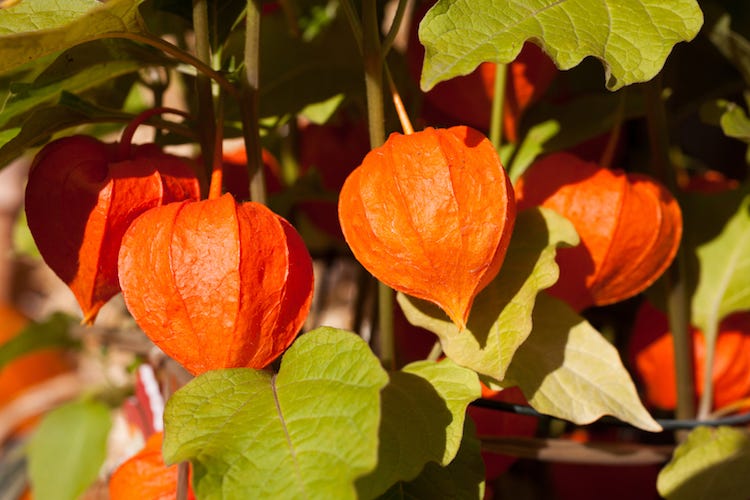Shambhavi Sarasvati, the spiritual director at jayakula.org, believes that ashwagandha is not for everyone. It may cause depression in people who have a kapha-dominant constitution.
Why Ashwagandha Might be Contributing to Your Depression
By: Shambhavi Sarasvati
Jan 13, 2019
Yesterday, a student of mine reported feeling depressed and tired. She’s been seeing a naturopathic doctor.
Among the riot of supplements and herbs that this doc prescribed from half a dozen different traditions was, of course, the Ayurvedic herb ashwagandha.
All hail ashwagandha
Ashwagandha (withania somnifera) is the latest hostage of the ancient medicinals marketeers.
The standard (uninformed) line about ashwagandha is that it boosts your mood, your adrenals, and your immune system.
Some have gone so far as to dub ashwagandha “Indian gingseng” even though, from the perspective of Ayurveda and Chinese medicine, these two plants work in an entirely different way and produce different effects.
These days, ashwagandha can be found in multi-vitamin formulas, adrenal and thyroid boosting over-the-counter supplements, shampoos, soap bars, power food and high-end artisanal chocolate bars, chai mixes, protein powder mixes, and straight up capsules courtesy of your local natural grocery store.
The infiltration of ashwagandha into the American marketplace has gone so deep, you can probably find ashwagandha-laced products at Walmart.
Get the dope on ashwagandha
In Ayurveda, we talk about the virya, or basic energy of an herb. Ashwagandha’s virya is heating.
So this means, right off the bat, if you are a person who tends toward irritation and frustration, you might have a problem with ashwagandha.
Take ashwagandha straight, or mix ashwagandha with other heating stuff such as caffeine or chocolate, and the irritation level goes up. Arguments and inflamation, including zits, might be in your near future.
Then, there are the gunas. Guna is a Sanskrit word that means “quality.”
The gunas of ashwagandha are heavy, oily, and slow. Its main actions are building and stabilizing.
Ashwagandha is unctuous by guna and only somewhat drying by taste. The ultimate effect depends on the condition of the person ingesting it.
Unlike ginseng that moves energy (qi) upwards, ashwagandha moves it down.
Folks, ashwagandha is a sedative.
Anxiety is characterized by disorganized internal winds and energy moving upwards in an unpleasant way. Your mind is scattered, you feel too light and cold, and your basic experience is more fearful than angry,
If anxiety is your issue, ashwagandha might make you feel more grounded, stable, and warm.
But if your mind tends to feel heavy or cloudy, if you tend toward mind stagnation, especially accompanied by a feeling of suppressed anger, ashwagandha is likely going to make it worse.








